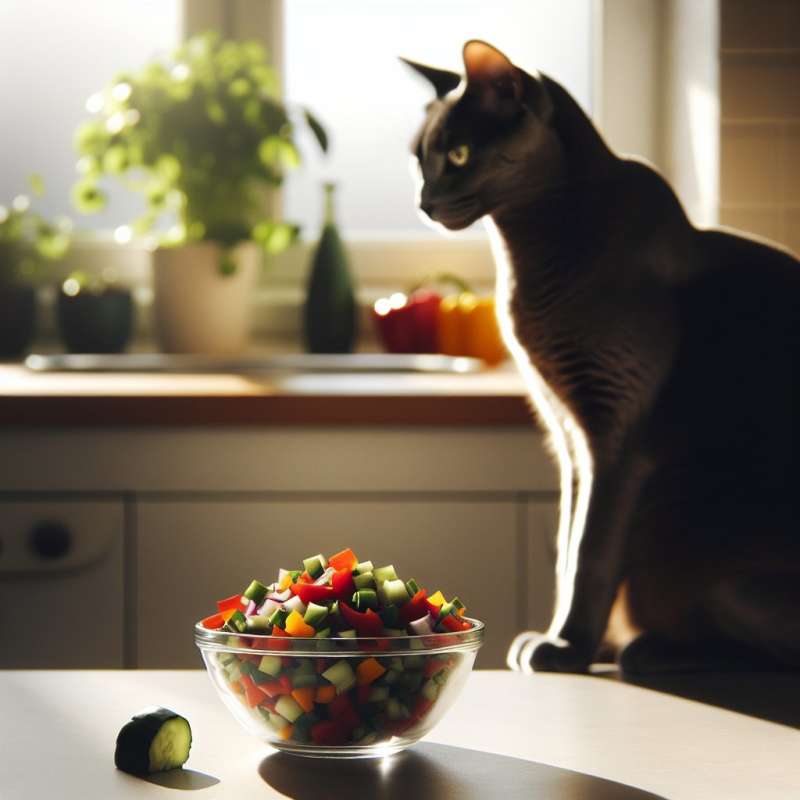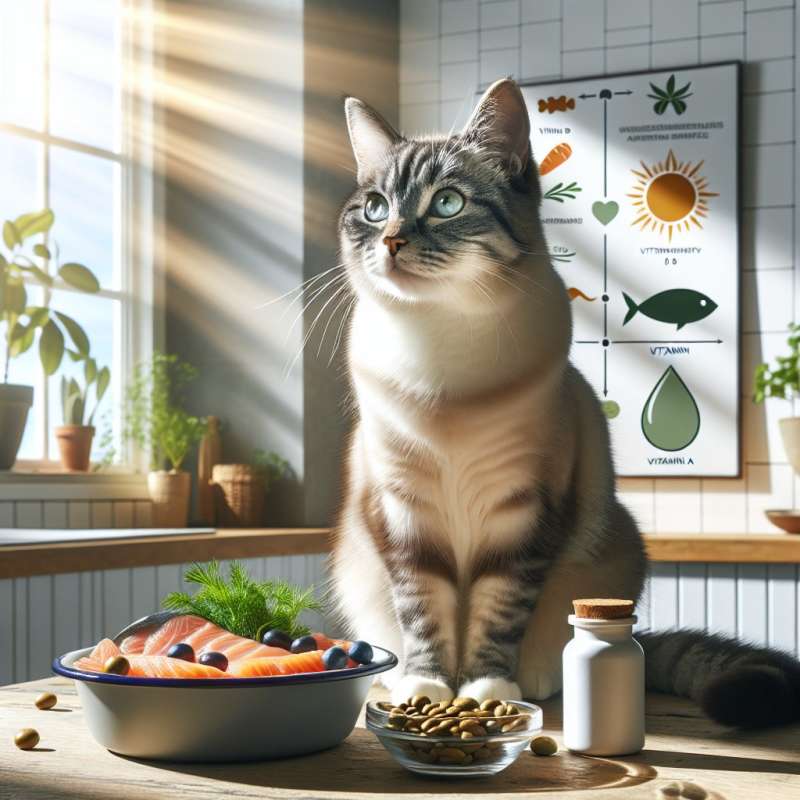
Understanding Cat Diets
Domestic cats are obligate carnivores, requiring a diet rich in animal protein. Unlike dogs, cats have specific nutritional needs that are tied closely to their evolutionary ancestors.
Protein: A Vital Macronutrient
Cats require a higher proportion of protein in their diet than many other pets. Essential amino acids like taurine and arginine are crucial for heart health, vision, and reproduction, and must come from their food.
Fats and Feline Health
Fats provide energy and help absorb vitamins. Omega-3 and omega-6 fatty acids in a cat's diet support skin health, coat quality, and can reduce inflammation. Fish oils are particularly beneficial sources.
Carbohydrates: Low Necessity
Cats have a limited ability to digest carbohydrates. Their diet requires minimal plant-based ingredients, as excessive carbs can lead to obesity and diabetes. Complex carbs should come from vegetables rather than grains.
Vitamins and Minerals
While cats synthesize some vitamins, others like Vitamin A and Vitamin D must be ingested. A balanced diet also includes minerals such as calcium and phosphorus, which must be carefully balanced to avoid health issues.
Hydration is Crucial
Cats naturally have a low thirst drive and get most of their water from food. Wet food can provide hydration and reduce urinary tract issues, which are common in cats with low water intake.
Avoiding Toxic Foods
Some human foods are toxic to cats, including onions, garlic, chocolate, and caffeine. Even small amounts can cause serious health problems. Always consult with a vet before changing your cat's diet.
Are cats obligate herbivores or carnivores?
Obligate herbivores
Obligate carnivores
Neither, they're omnivores
Company